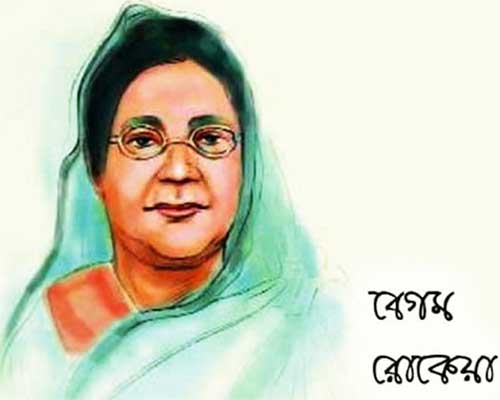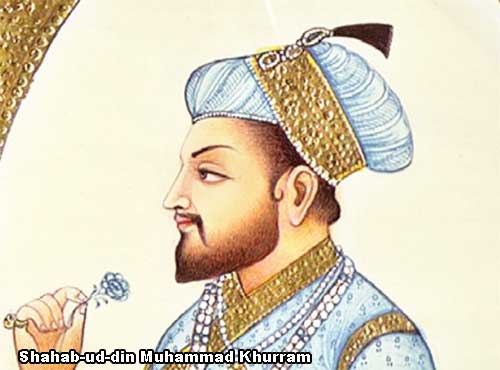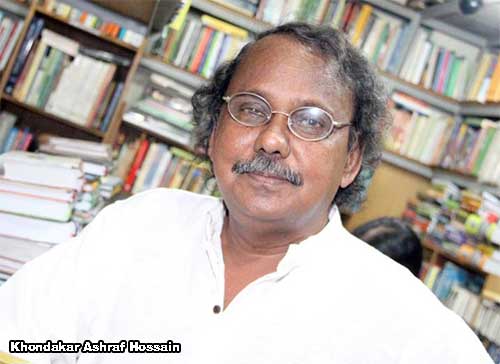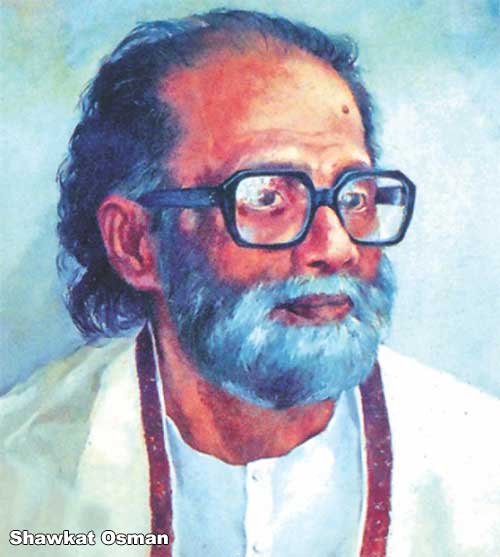
Begum Rokeya Sakhawat Hossain, a visionary writer, social reformer, and pioneer of women’s rights in South Asia, is celebrated for her relentless efforts to uplift women in a time of pervasive patriarchy and socio-cultural restrictions. Born on December 9, 1880, in the village of Pairabondh in Bengal (now Bangladesh), Rokeya emerged as a leading voice advocating for education, equality, and the emancipation of women. Her contributions continue to inspire movements for gender justice and social progress globally.

Early Life and Education
Begum Rokeya was born into an aristocratic Muslim family where traditional gender roles were rigidly enforced. Despite the limitations placed on women, Rokeya’s father, a staunch supporter of Arabic and Persian education, recognized her potential. However, societal norms dictated that girls were denied formal education. Rokeya, with the encouragement of her elder brother, secretly learned Bengali and English, equipping herself with tools to critique the social injustices of her time.
This clandestine pursuit of knowledge became a turning point in her life. Rokeya realized the transformative power of education and resolved to extend its benefits to other women trapped in ignorance and subjugation.
Literary Contributions and Feminist Ideals
Rokeya’s writings reflect her keen intellect and unwavering commitment to social change. She used her literary talents as a weapon to challenge regressive practices, empower women, and envision a more equitable society.
Sultana’s Dream
One of Begum Rokeya’s most celebrated works, Sultana’s Dream, is a pioneering piece of feminist science fiction. The story is published in 1905 and imagines a utopian world called Ladyland, where women govern while men remain confined to domestic spaces. Through this inversion of traditional roles, Rokeya highlighted the absurdity of patriarchal norms and showcased the potential of women in leadership and innovation.
Essays and Articles
Rokeya also wrote thought-provoking essays and articles that addressed pressing issues like child marriage, polygamy, and the purdah system. In works such as Streejatir Abanati (The Downfall of Women), she examined the systemic factors perpetuating women’s oppression and called for collective action to dismantle these structures.
Her writings resonated with women across Bengal, sparking a new wave of consciousness and inspiring many to seek education and empowerment.
Educational Initiatives
Rokeya believed that education was the cornerstone of women’s liberation. In 1911, she founded the Sakhawat Memorial Girls’ School in Kolkata to provide quality education to Muslim girls. The institution faced immense resistance from conservative elements, but Rokeya’s determination and resilience ensured its success.
The school imparted academic knowledge and emphasized critical thinking, self-reliance, and vocational skills. It became a beacon of hope for generations of girls previously denied opportunities for personal growth and independence.
Advocacy for Social Reform
Begum Rokeya was a fierce advocate for social reform. She addressed a wide range of issues affecting women, including domestic violence, economic dependency, and the lack of representation in public life.
Women’s Rights and Empowerment
Rokeya’s vision of gender equality was deeply rooted in her belief that women should have the same rights and opportunities as men. She emphasized the need for women to break free from societal constraints and participate actively in shaping their destinies.
Critique of Purdah
Rokeya was critical of the purdah system, which she saw as a symbol of women’s oppression and exclusion from public life. She argued that such practices curtailed women’s freedoms and hindered societal progress by sidelining half of its population.
Through her writings and speeches, she urged women to leave their confinement and reclaim their agency, making her a transformative figure in the struggle for gender equality.
Influence and Legacy
Begum Rokeya’s influence extended beyond her immediate sphere. Her ideas and actions inspired generations of activists, educators, and writers. Her commitment to social justice and fearless defiance of oppressive norms made her a role model for women striving for equality worldwide.
Recognition in Modern Times
Today, Begum Rokeya is commemorated annually on December 9, known as Rokeya Day in Bangladesh. Her contributions to literature, education, and social reform are celebrated through various programs, awards, and scholarly discussions.
Her pioneering spirit aligns with other luminaries who transformed their fields, such as “Jagadish Chandra Bose A Pioneer of Modern Science”, who revolutionized physics and botany. Similarly, Rokeya’s work laid the groundwork for gender equity in South Asia, impacting lives far beyond her time.
Challenges Faced by Begum Rokeya
Rokeya’s journey was fraught with challenges. She faced vehement opposition from conservative communities, who viewed her advocacy as threatening traditional values. The male-dominated society of her time resisted her efforts to educate women and challenge oppressive practices.
Despite these obstacles, Rokeya remained steadfast. Her unshakable belief in justice and equality enabled her to overcome these barriers and achieve remarkable success.
Begum Rokeya in the Context of Modern Feminism
Rokeya’s ideas were remarkably ahead of her time. Her emphasis on education, economic independence, and political representation for women aligns with the core principles of modern feminist movements.
Education as Empowerment
Rokeya’s assertion that education is the key to women’s liberation resonates globally. Her legacy is reflected in contemporary initiatives that aim to ensure access to education for girls in underserved communities.
A Visionary Advocate
Rokeya envisioned a world where gender did not dictate opportunities or freedoms. Her tireless advocacy for women’s rights inspires activists and educators, reminding us of the transformative power of individual courage and conviction.
Conclusion
Begum Rokeya’s life and work are a testament to the power of vision and perseverance in adversity. Her contributions to literature, education, and social reform reshaped the landscape for women in South Asia and beyond. As we reflect on her legacy, it is clear that her ideals remain relevant in the ongoing struggle for gender equality. Begum Rokeya’s story is not just a chapter in history but a continuing source of inspiration for those who dare to challenge the status quo and envision a brighter, more inclusive future.
#BegumRokeya #Women’sEmpowerment #GenderEquality





